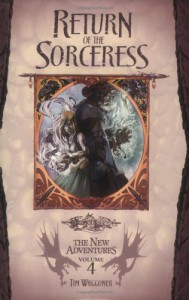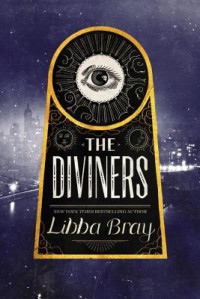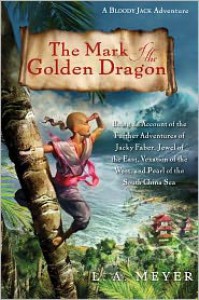
Last summer I got this book from the library, read the prologue, and set it down in favour of something else. There was something about the prologue that didn’t catch my attention, but I figured I would give it another shot later, and after seeing good things about it on tumblr I gave it it’s second chance.Oy. After getting three chapters of proper nouns thrown at me without any context, I was already weary. We get kingdom name after kingdom name, language name after language name, with nothing to ground them on, no context to base them on, nothing to make them make any sense. The names themselves ranged from solid fantasy names to …. Wait are you serious that’s actually the name? After about five chapters I said to my mom, ‘this reads like someone’s first fantasy novel except they didn’t actually read any fantasy beforehand.’ I have a lot of problems with this book. The plot was fascinating, but not enough to outweigh all the things that made me groan in despair. Finnickin, the main character, was entitled, obnoxious, and impossible to care about. He had moments where i would actually like him! And then he would say something that would just make me sigh and not really care again. There was only one female character in the novel, Evanjalin, and she was great! (until the end when her only validation seemed to be around finding a husband yes I’m being serious). Finnickin’s father, Trevanion, was a character who baffled me because I think I was supposed to like him? But if he died I wouldn’t have batted an eyelash because he was so dull and unlikeable? He was Finnickin's father but Finnickin only ever referred to him by his first name and their relationship was... just odd. All of the characters were distant, and I like unlikeable main characters usually, but not these. The dialogue in this book was a nightmare. Every time someone spoke I would cringe through it (or get distracted and check tumblr because ‘yawn they’re talking again’). It was all very forced. It was like reading someone try really hard to write genuine fantasy dialogue except… they didn’t know how. I kept finding logic errors and things that didn’t make sense which... shouldn’t happen… There’s a moment in the beginning that will stick with me forever because I was so confused and bewildered when Evanjalin goes running after a thief and Finnickin throws the money in his hands onto the ground to chase after her. I don’t know about you, but if I was a refugee from a destroyed kingdom I probably would be tight for cash and couldn’t afford to throw it away to run after someone. Doesn’t he have pockets? I’M PRETTY SURE HE HAD POCKETS.But the problem is that things like this would happen all of the time. Or just simple sentences that made no sense would jar me out of the novel. (Another example, after Finnickin manages to reunite the King’s Guard that had been split up for years, there’s a line that says something on the lines of ‘and for the first time ever the men of the King’s Guard were going to separate’ and it’s like… no they’ve been separated for years???)I just spend the entire novel frustrated because the concept of the plot is great! An exiled people fighting for their kingdom that is under a black spell and currently being ruled by an impostor king. That’s cool! But… the writing was impossible to get through. Her small scale battles were good, I liked when there was action (and no one was talking), but when there was finally a large scale battle I suffered because it was all flash and there were no consequences. They came, they fought, the battle ended with wild out of the realm of possibility success and oh these few side characters you never even knew died isn’t that sad?Ultimately, when I finished, I read the author bio and found this gem: "About Finnikin of the Rock, her first fantasy novel, she says, “I was told often that I couldn’t write fantasy unless I had read all the greats and knew the conventions well, but I think the first step to writing good fantasy is knowing this world we live in well. I wanted to look closely at that world — where loss of faith, loss of homeland and identity, displacement of spirit, and breakdown of community are common — because these are the scenes in today’s media that affect me the most. In this sense, the book is a search for identity in the same way that my other novels are.”So, yes, the moral of this story, friend, is that if you want to write fantasy, you need to read fantasy. Because if you don’t, the people who read your book who DO read fantasy, will see straight through it.





















